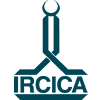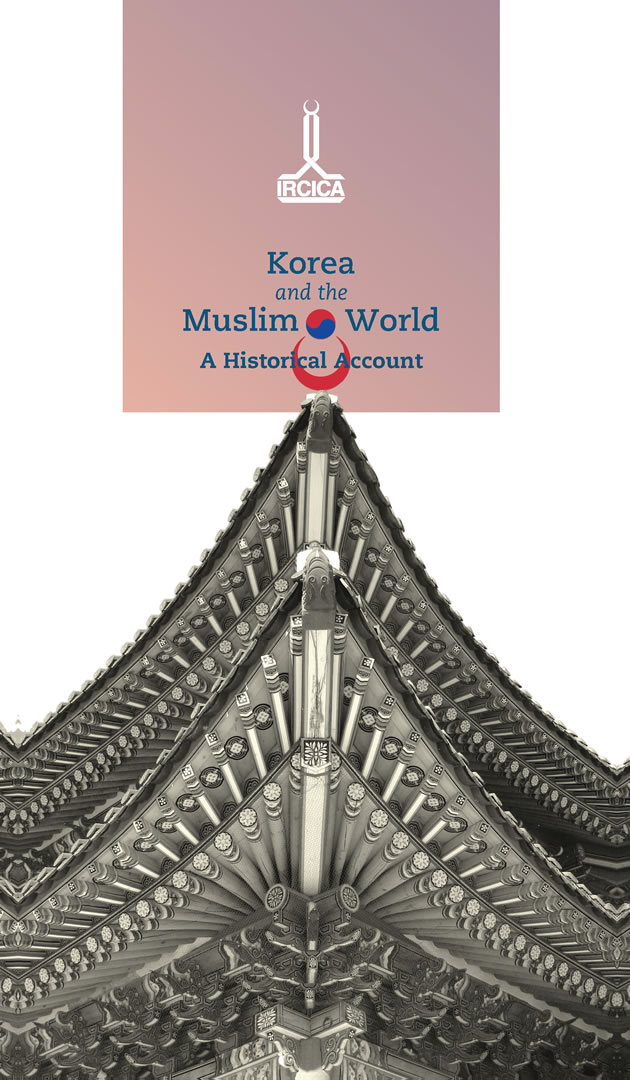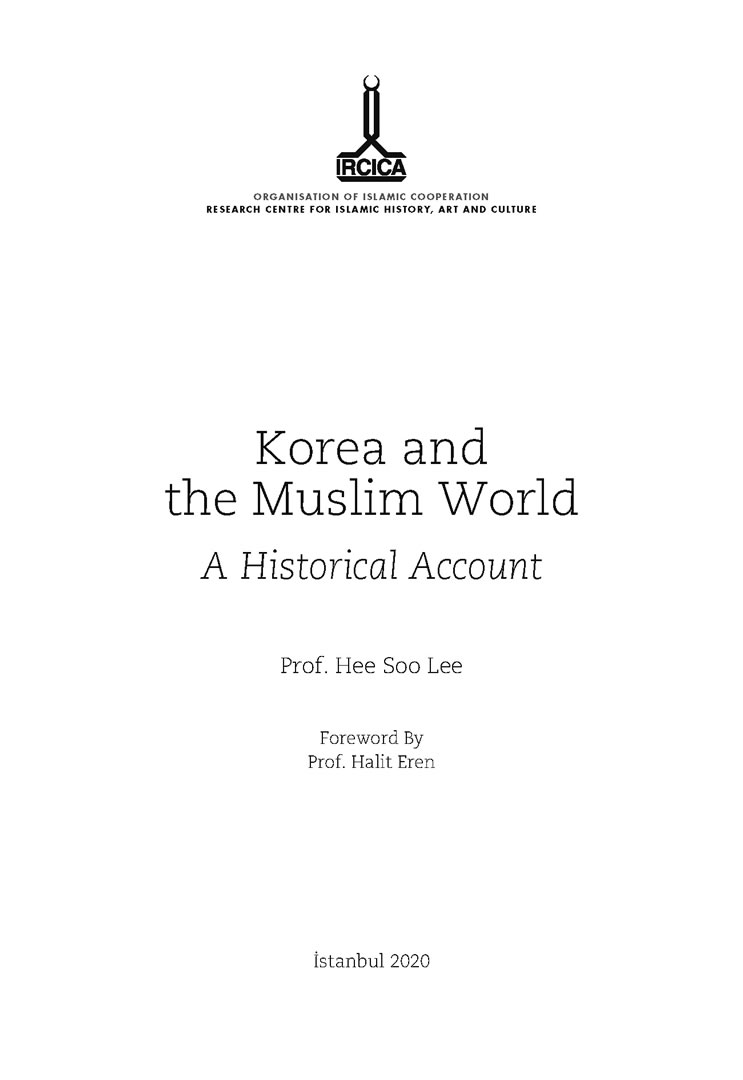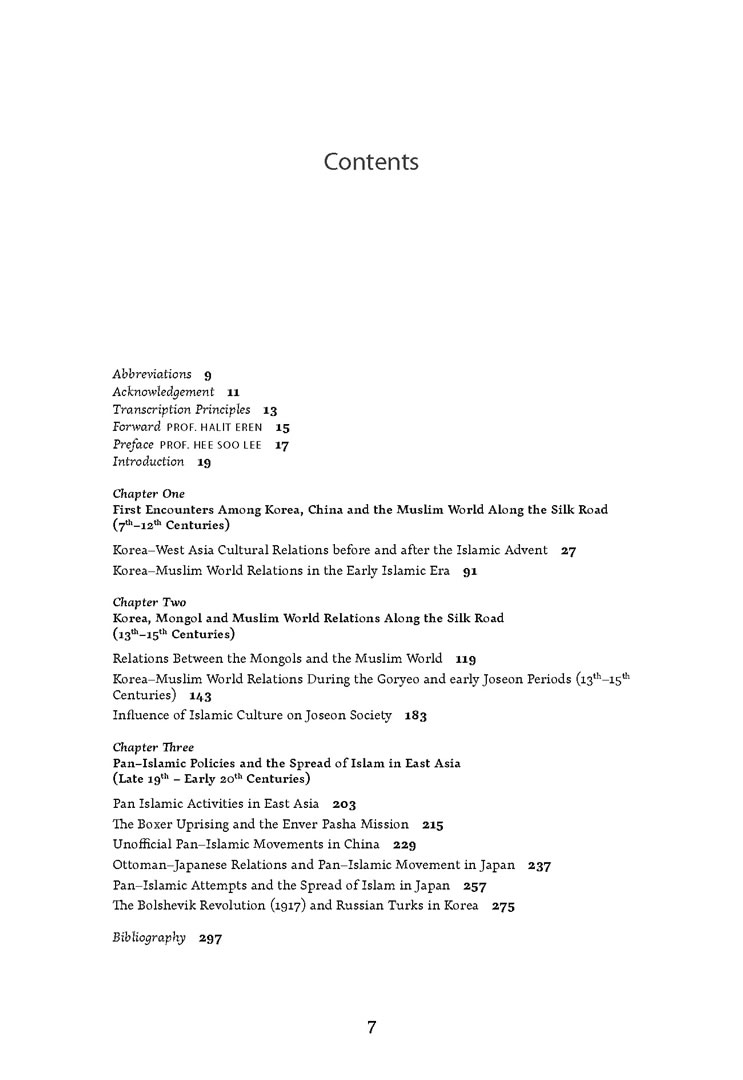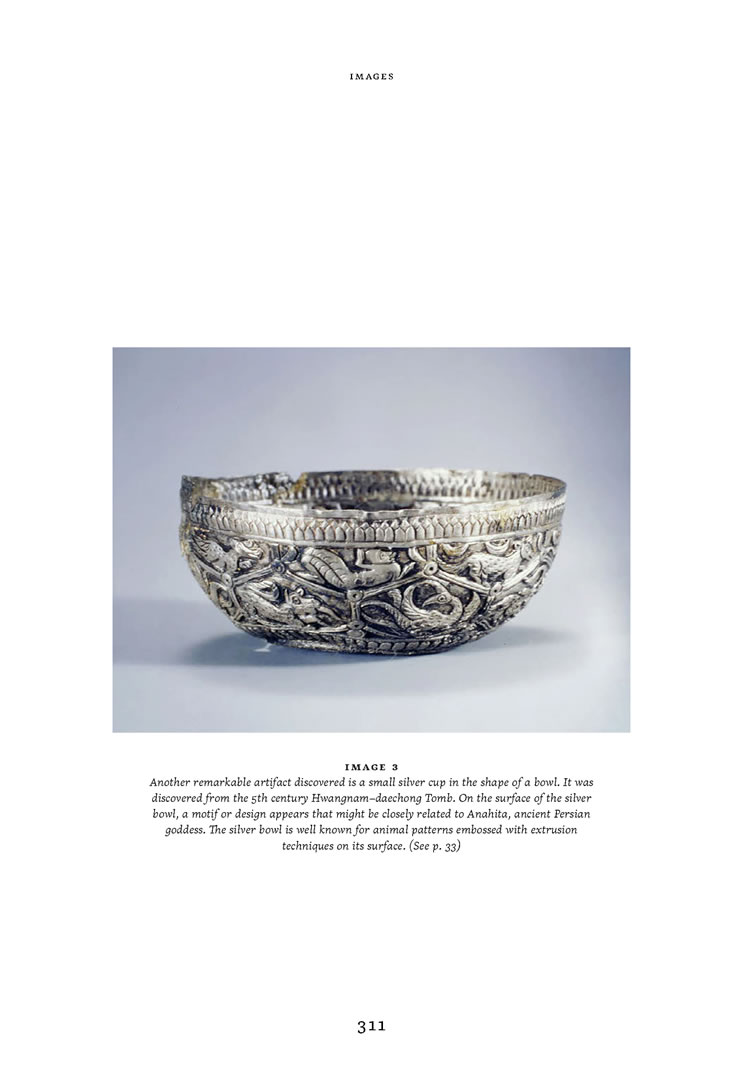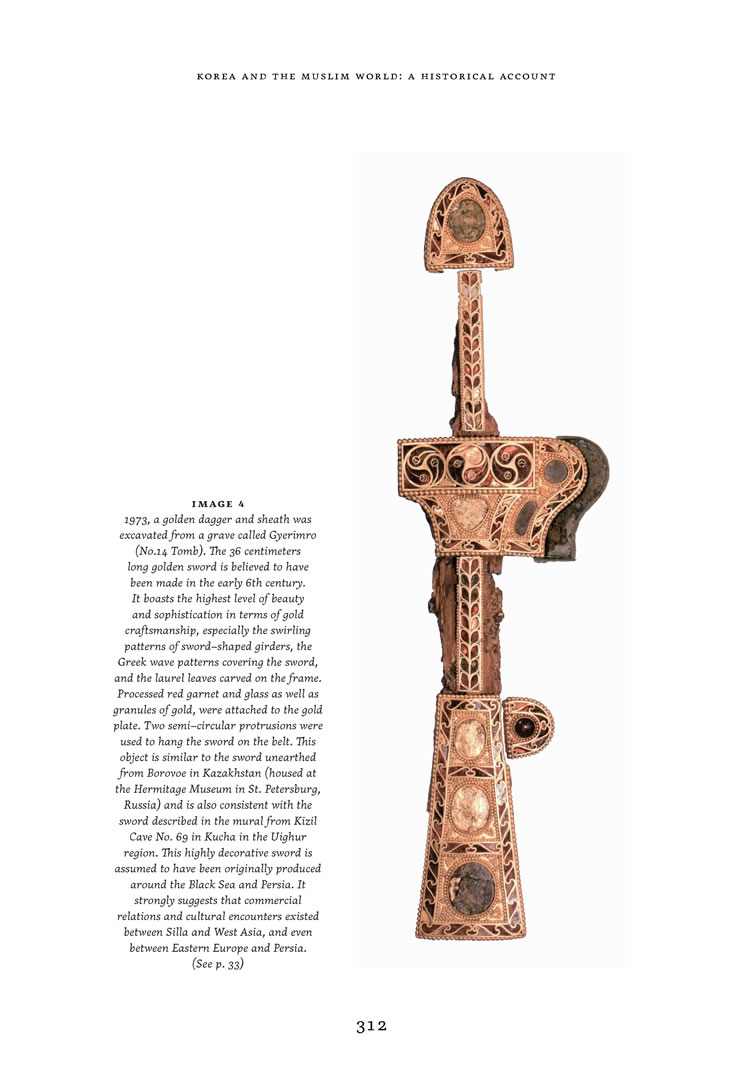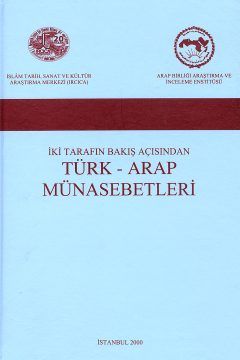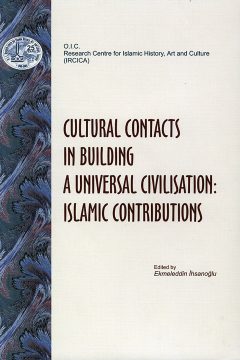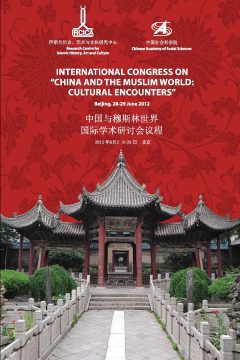This book by Professor Hee Soo Lee establishes an erudite understanding of cultural relations between Korea and the Muslim world within a comprehensive account of the history of interactions between the two worlds.
Beginnings of cultural interactions between Korea and the Muslim world date back to the first centuries Hijra and are considered as an outcome of commercial relations that merchants, seafarers and explorers from Western parts of Asia had been maintaining with China, Korea and their surroundings since before the advent of Islam, which they had reached through the maritime Silk Road. The following hundreds of years saw intensified exchanges in cultural spheres as evidenced by geographical accounts written in Arabic and Persian, official archives and records, travelogues, translations of scientific works, transfers of manufacturing techniques, mutual influences in arts, etc. which altogether reinforced the two worlds’ awareness of each other. We learn from this instructive book that this development continued with the influx and increasing impact of Muslim peoples into Korea in the 13th century, but that there is no clear evidence that Muslims then settled in Korea permanently or that they tried to spread their religion there. During the reign of the Yuan dynasty (1270-1368) and the early times of the five-centuries rule of the Joseon dynasty (1392-1910) the Muslim community in Korea had no problems in practicing their faith, until the rulers’ conservative policies emphasizing neo-Confucianism resulted in the curtailment of Muslims’ rituals such as by a royal decree issued in 1427. The following centuries saw a decrease in the presence of and relations with the Muslims due to the overwhelming dominance of European merchant nations in Korea’s foreign trade. Contacts of Muslims with Korea re-started in the late 19th century during the reign of Sultan Abdulhamid II. Then, the 1920s saw the arrival of a group of Russian Turks in Korea. Later, a new stage began in the mid-1950s with the settlement in Korea of a group of Turkish Muslims who had participated in the Korean War (1950-1953) under the banner of the United Nations. This resulted in the formation of a modern Muslim community in Korea and emergence of Korean Muslims. This book describes each of these stages of a long history of interactions.
Coming to our time, relations between Korea and many Muslim countries of Western Asia have been growing during recent decades particularly through booming bilateral relations in trade and technology. Concomitantly there has been a sensible growth of cultural exchanges, in the arts and music, languages and letters, between Korea and many Muslim countries. Their peoples having cultivated positive memories and friendly images of each other is supportive of the process and encourages its further development. This last observation, specifically, is a matter of scientific curiosity for the historian, especially the cultural anthropologist, and also tempts the general reader, on what could have been the facts and factors having interplayed in building cultural ties between Korea and the historical cores of the Muslim world. All this despite the fact that they are geographically distant and culturally distinct from each other, but also taking into account similarities in their mentalities and customs.
With these considerations, IRCICA gave importance to promoting research on the contacts and impacts of Islamic culture in East Asia, with historical and present-time perspectives. Consequently, some of IRCICA’s congresses in the series on cultural contacts between the Muslim world and other civilizations and several of its publications in the series Sources and Studies on the History of Islamic Civilization, are devoted to East Asia. These include the congresses it held, and resulting publications, on “Korea and the Muslim World: Historical and Cultural Encounters” (co-organized with the Research Lab for Korean Studies in the Middle East at Hanyang University of Korea through the coordination of Prof. Hee Soo Lee in 2018), “China and the Muslim World” (jointly with the Chinese Academy of Social Sciences, Beijing, in 2012, 2015, 2017 and 2019) and “Interfaith Dialogue and Peaceful Coexistence in Multicultural Societies” (jointly organized by IRCICA and Devawongse Varopakarn Institute of Foreign Affairs, Bangkok, Thailand, in 2016). Specialists of the field participating in those events have confirmed IRCICA’s observation that the history of interactions, particularly cultural, between the Muslim world on one hand and the East Asian countries and communities on the other, had not received the interest it deserves in the context of Islamic studies.
This book fills the gap with respect to the historical study of the Muslim world’s relations with Korea. The author is Professor in the Department of Cultural Anthropology, Hanyang University, Korea, and Director of the University Museum. His close acquaintance with the Muslim cultures of the West of Asia derives mainly from studies and field works he conducted since 1979 in a number of countries, including Turkey, Saudi Arabia, Tunisia, Egypt, Iran, Malaysia and Uzbekistan. He has devoted years of research to the theme of this book, starting with his doctorate studies in Turkey which resulted in the thesis titled “The spread of Islamic-Turkic culture to East Asia” written in Turkish. At the invitation of IRCICA, the author translated it into English and it came out in 1997 under the title The Advent of Islam in Korea. The author’s research interest on this topic continued since then, culminating in this new book, Korea and the Muslim World. A Historical Account.
The book treats its subject matters in utmost detail and with meticulousness on the basis of ample documentation and original sources. It will be a landmark contribution to sources and studies on history of politics, inter-regional relations, cultural interactions, history of the Muslim world, and certainly open new horizons in related subjects in Islamic studies and world history studies.
